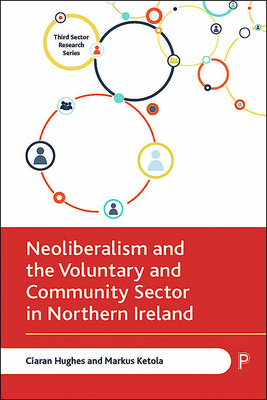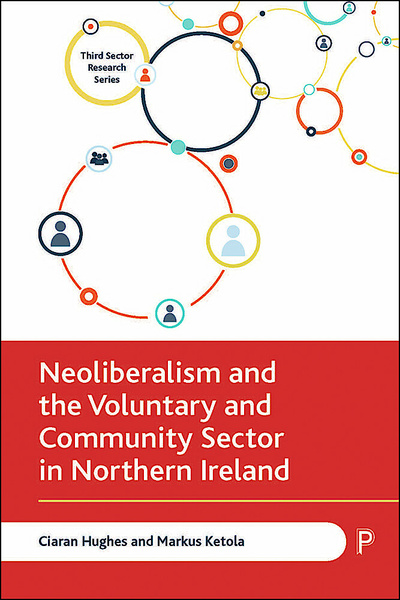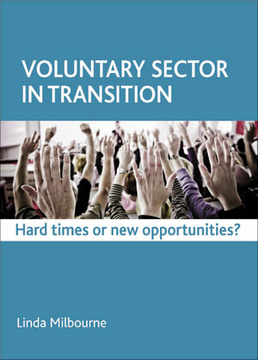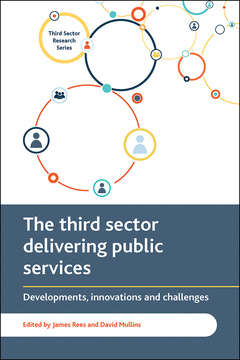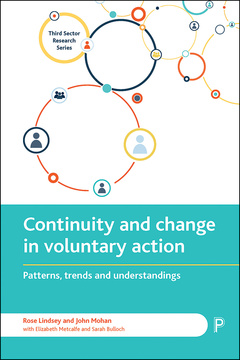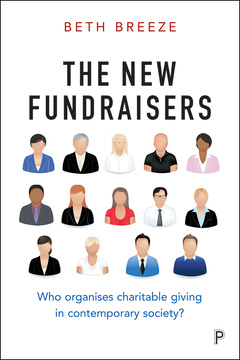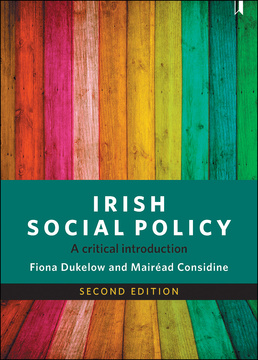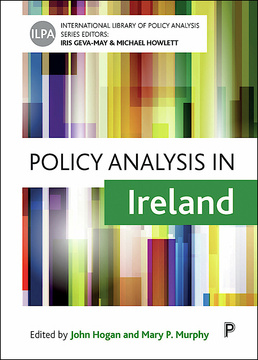Neoliberalism and the Voluntary and Community Sector in Northern Ireland
By Ciaran Hughes and Markus Ketola
ISBN
978-1447351184Dimensions
234 x 156 mmImprint
Policy PressISBN
978-1447351245Imprint
Policy PressISBN
978-1447351245Imprint
Policy PressThis book charts the changing relationships between government, voluntary and community organisations in Northern Ireland since the Good Friday Agreement.
It considers the role these actors have played in rolling out and normalising neoliberal discourses and policies. With lessons about the impact of neoliberal policies on governance, relationships and the peace process, this study explores how a core part of civil society has been shaped by both local policy priorities and broader political and economic processes.
"Book offers a very useful, accessible and current resource for students and researchers of the VCS in Northern Ireland." Voluntas
"A scholarly analysis of the changing role of the voluntary and community sector in Northern Ireland. It traces the sector’s pivotal role during and beyond the conflict, and questions where the heart and soul of the sector now lies." Colin Knox, Nazarbayev University
Markus Ketola is Senior Lecturer in Global and International Social Policy at the University of Edinburgh.
Ciaran Hughes is a Belfast-based researcher. His research focuses on Northern Irish politics, community relations, social policy and civil society.
1. Introduction
2. Neoliberal enrolment? The community and ‘partnership turn’ in government rhetoric and policy
3. Getting connected: celebrating the value of connections and networks
4. Inside the networks: the rhetoric and reality
5. Independence of voice, purpose and action
6. Conclusion







